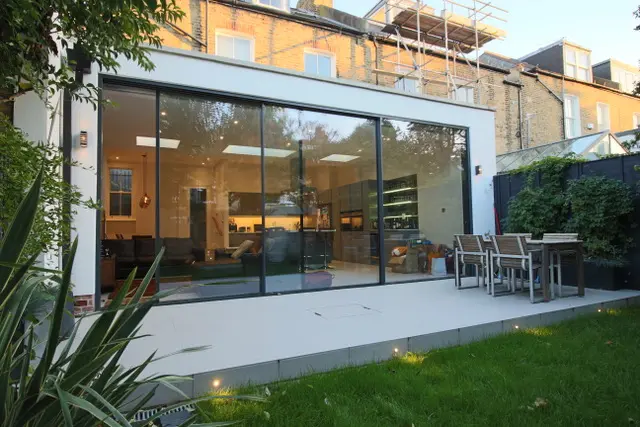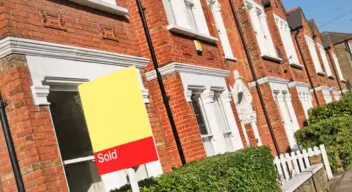- Moving Costs
- House Price Index
- Cost of moving calculator
- Costs of buying a house
- Costs of selling a house
- Conveyancing fees
- House survey costs
- Removals costs
- Estate agent fees
- EPC cost
- Estate agent fees calculator
- Bridging loan calculator
- Stamp duty calculator
- How much can I borrow calculator
- Mortgage cost calculator
- Loan to value calculator
- Mortgage equity calculator
- Buy to let mortgage calculator
- Quote Finder
- Conveyancing quotes
- House survey quotes
- Homebuyers insurance
- Best local estate agents
- Instant house valuation
- Rent calculator
- EPC quotes
- Removals quotes
- Remortgage finder
- Find an IFA
- Find a leasehold expert
- Find an architect
- Compare home insurance
- Life insurance quotes
- Compare energy deals
- Looking for something else?
- For Buyers
- Step by step guide to buying
- How to buy your first home
- First time buyer schemes
- Buying a new build home
- Buying a leasehold property
- Shared ownership: pros & cons
- Buying a second home
- Viewing a property checklist
- Making an offer & negotiating
- Questions to ask when buying
- House survey types & costs
- Conveyancing for buyers
- Completion: what to expect
- Moving house checklist
- All buying guides
- For Owners
- Managing Money
- Should I remortgage now?
- Should I pay off my mortgage?
- How do I value my property?
- Capital gains tax on property
- Second home council tax explained
- Mansion tax valuation
- Do I need an IFA?
- Avoid selling house to pay for care
- Inheriting a property
- Divorce: what happens to the home?
- What's happening with energy prices?
- How should I insure my home?
- How does life insurance work?
- Critical illness cover explained
- Income protection insurance
- Improving
- Home extension: where do I start?
- Loft conversion: where do I start?
- Garage conversion: where do I start?
- Do I need planning permission?
- Cost of planning permission
- Find a builder
- Architect fees
- Do I need a structural engineer?
- Structural engineer cost
- Do I need a party wall agreement?
- Party wall surveyor cost
- Interior design service
- Leasehold
- New Build
- Managing Money
- For Sellers
- Step by step guide to selling
- Selling & buying a house process
- What price should I sell for?
- Make your home more valuable
- Do I need an EPC?
- Documents to sell your house
- How to find the best estate agent
- Compare online estate agents
- Accepting an offer - what to consider
- Porting your mortgage
- Selling with a Help to Buy loan
- Selling a leasehold property
- How to sell your home at auction
- Conveyancing for sellers
- Solicitor fees for selling a house
- TA6 form explained
- All selling guides
- Mortgages
- Compare Mortgage Rates
- Best mortgage rates
- Best mortgage lenders
- Mortgage rate forecast
- Remortgage Service
- How to remortgage
- First time buyer mortgages
- First time buyer mortgage rates
- How much can I borrow?
- How to get a mortgage
- Gifted deposits explained
- Mortgages for over 50s
- Buy to Let mortgages
- Buy to Let Mortgage Rates
- Bridging loans explained
- Deposit unlock
- Own new rate reducer scheme
- Life insurance with a mortgage
- News
Find the best estate agent near you Start here






 February 3, 2026
February 3, 2026 

